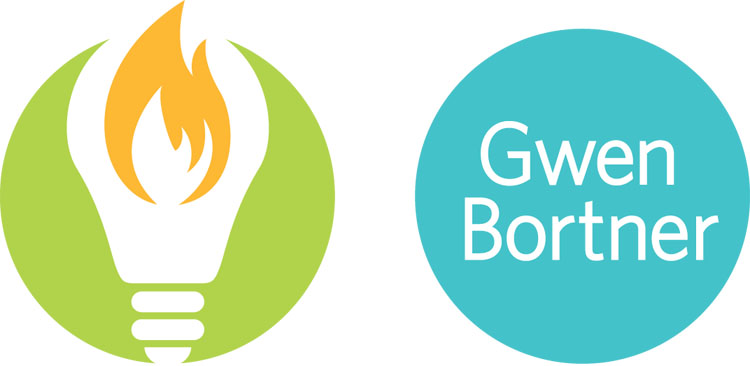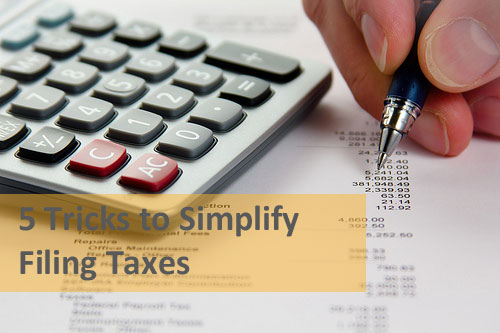Although April is “Tax Month,” most of us starting thinking about taxes in February (or at least March). There is no way around it (at least not legally).
Whether you’re a tax professional or just the “average” person, no one actually looks forward to tax season. Regardless, at some point we have to deal with the reality of getting taxes filed. However, filing taxes does not have to be difficult or particularly time-consuming. I have used these tricks to simplify filing taxes for years and getting taxes filed is just another task on my list, no worse than any other administrative activity. I am already nearly done!
Use a Professional
This is the easiest thing to do, but so many folks fight working with a professional.
Unless you are a tax professional, there is no way you can truly keep up on all that is required for tax filing. Even with the help of the myriad of software programs, this is one of the activities that truly makes sense to delegate.
If cost is a concern, remember as a self-employed individual it can be a business deduction. In addition, a good tax professional will also be able to help you find way to reduce your tax liability (legally) as well as provide accounting advice beyond taxes.
Stay on Top of It
I hear crazy stories about business owners putting all their receipts into a box or folder and then just handing that to their tax person at the end of the year. That is wrong for so many reasons!
A minimum of once a month, set aside some time to complete any bookkeeping activities. Not only will this simplify the process when tax time comes around, but it will also provide valuable information about the financial health of your business.
I find by focusing on bookkeeping activities once a week, I rarely have to invest more than 15 – 30 minutes toward accounting at any one time. This also helps ensure that I don’t lose track of any receipts or other pieces of information that might otherwise get lost on my desk.
Make Your Categories Match
Regardless of your accounting method (spreadsheet, check register or simple accounting system), make sure that you have your expenses broken down into the categories required for filing your taxes. If you are using a professional, they can tell you what they are (see first point above).
Certain business expenses may be treated differently for tax purposes. For example, money spent on meals needs to be separated from other travel related costs. If you just put all travel expenses into a single category, more work will be required later.
In addition to tax purposes, categories also help you find areas that may need to have spending adjustments.
Schedule Important Dates
Filing your taxes becomes a bigger hassle when you are working up against a last-minute deadline. In addition to the “big” tax deadline, you may have other filing deadlines you have to meet.
If you have employees or work with independent contractors earning over $600 you will have file forms by the end of January. Instead of letting them sneak up on you, put them on your calendar or task list to be done at least a week or two before their due date.
Other forms may need to be filed or payments made throughout the year. Scheduling them ensures that they don’t slip by unnoticed.
Gather Forms as They Arrive
Once January arrives, designate a location for all incoming forms to be gathered. Depending on the type of work you do you will probably have a number of 1099’s arrive along with any W-2 forms if you or or your spouse works as an employee.
I have a GIANT decorative paperclip that I use specifically for this purpose. As they arrive in the mail, they just get slipped in and they are ready to go the accountant.
After all the forms have arrived, I only have to print out a report for last year and then hand it off to my professional and I am done except for writing any checks (yuck). In addition to making my life easier, I find getting forms in early helps my filing get done quicker.


